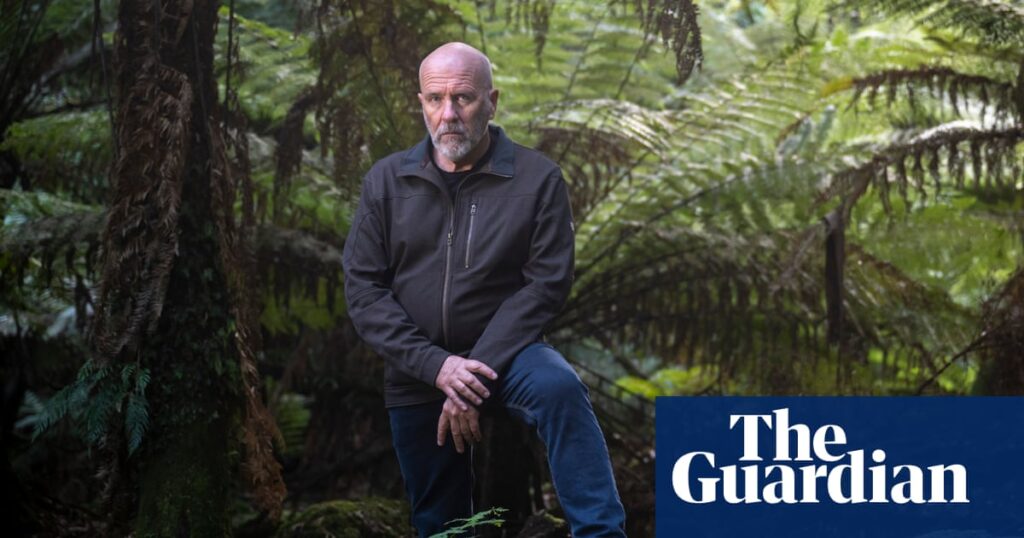
Renowned author Richard Flanagan recently shared insights into the books that have shaped his life and career. From early childhood memories to the literary giants who influenced his writing, Flanagan’s reflections offer a unique glimpse into the mind of one of today’s most celebrated writers.
Early Literary Memories
Flanagan’s earliest reading memory takes him back to a rainy mining town, where his mother read Kenneth Grahame’s The Wind in the Willows to him repeatedly. “It was always raining and the rain drummed on the tin roof,” he recalls, describing the comforting sound that accompanies his reading to this day. This intimate setting laid the foundation for his lifelong love of literature.
The Journey Through Books
Growing up, Flanagan’s literary journey was an odyssey of discovery. Rather than a single favorite book, he cherished the local public library, where he explored a vast array of genres. From comics to pulp fiction, each book was a gateway to new worlds and ideas. “Books were an odyssey in which I lost and found myself,” he reflects.
Teenage Transformation
Albert Camus’s The Outsider was a pivotal read during Flanagan’s teenage years. At the age of 11, the novel left a profound impact, although not an immediate revelation. “I absorbed it like you might absorb an unexploded cluster bomb,” he notes, hinting at the novel’s lasting influence on his worldview.
Influential Writers and Turning Points
At 27, while working as a doorman, Flanagan encountered Kafka’s Metamorphosis. The experience was transformative, revealing the limitless possibilities of writing. “It dawned on me that writing could do anything and if it didn’t try it was worth nothing,” he recalls. This realization marked the beginning of his own writing journey.
Faulkner’s Enduring Influence
While no single book made Flanagan want to become a writer, William Faulkner’s work suggested it was possible. Faulkner’s ability to capture the essence of his home, Oxford, Mississippi, resonated deeply with Flanagan. “He seemed, well, Tasmanian,” Flanagan muses, drawing parallels to his own roots.
Revisiting Past Reads
Flanagan’s relationship with literature is dynamic, as evidenced by his evolving opinions on certain authors. Initially finding Thomas Bernhard’s work astringent, he later appreciated its relevance in contemporary times. “Perhaps his throatless laughter and incantatory rage speak to our times,” he suggests.
Books That Disappointed
Not all revisits are rewarding. Flanagan recounts his disappointment upon rereading Evelyn Waugh’s Scoop. “It had corked badly,” he laments, describing a profound sense of loss akin to losing a limb.
Recent Discoveries and Current Reads
In recent years, Flanagan has discovered the works of Marguerite Duras, praising her seamless blend of style and story. Additionally, he has become an admirer of Carys Davies’s novels, which he believes deserve a wider audience.
Currently, Flanagan is immersed in Konstantin Paustovsky’s memoir The Story of a Life, a narrative that juxtaposes the grand ambitions of history with the simple joys of life. “Literature gets the tomato-growers,” he concludes, highlighting the enduring appeal of everyday stories.
The Comfort of Familiar Reads
In times of uncertainty, Flanagan finds solace in the mischievous joy of James Boswell’s Life of Samuel Johnson. “There is nothing worth the wear of winning, but the laughter and love of friends,” he quotes, emphasizing the timeless value of friendship and humor.
Richard Flanagan’s literary reflections not only chart his personal journey but also offer a broader commentary on the evolving relationship between readers and their favorite books. As he continues to explore new narratives, his insights remind us of the transformative power of literature.







